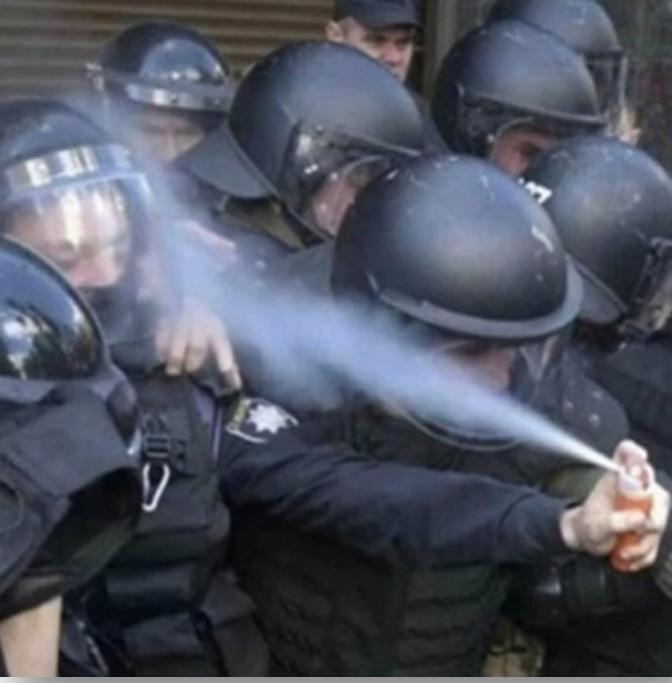
2 minute read
Pay It Forward (continued)
Great officers teach their personnel to be great firefighters. These same great officers are on the front row of promotional ceremonies knowing that something they passed on has made a difference in another’s career.
Fire chiefs have the most significant responsibility to pay it forward. Budgeting is a boring presentation full of facts about operating and capital budgets.
What these lectures have to have are the secrets of how to be successful in building a department.
What lessons were learned on how to get a group of elected officials to understand why a new fire truck is needed, why raises are essential to keep personnel, why stipends for volunteers are a must, or any other high-priced project needs to be funded.
Chiefs need to pass on how to deal with personnel issues in a way that keeps you off the news or, even better, out of court. How to respond when they are being drilled in a council or commissioner’s meeting without making a career-ending statement.
This informal training can only be passed on using past experiences. Again, formal training is required but doesn’t teach you how to survive the political fight. This informal training comes best from the bumps and bruises someone has suffered throughout their career.
Several of us in the fire service have had someone pay it forward for us. Take the time to pay forward what was given to you in your career. Paying it forward transcends the ranks from firefighter to fire chief.
This also gives you a chance to leave a legacy of knowing your knowledge will continue long after you retire. Formal training occurs every day, with fire instructors doing it in the classroom or on the drill field.
Informal training is just as necessary, which happens in the fire station or on the tailboard on the emergency scene.
Take the time to repay the knowledge loaned to you by sharing it with someone else. Pay it forward!
I would like to thank those who have paid it forward to me in my career: Chief David Wall, Chief Scott Carter, Chief Henry Argo, Deputy Director Butch Beach, Captain Jon Williams, Captain Paul Bonner, and Division Chief Carl Demarco . Thank you.
References
Brady, M. D. (2012). Effects of mentorships on self-efficacy in new fire apparatus engineers [Master's thesis].
International Association of Fire Chiefs. (2016, September). Succession planning or succession program? https://www.iafc. org/iCHIEFS/iCHIEFS-article/ succession-planning-or-succession-program#:~:text=A%20succession%20program%20is%20 one,by%20advanced%20knowledge%20and%20education.
































(404)













































1900 North Expressway Griffin • (770) 228-9799 radissonhotelsamericas.com/countryinn





China





(912)
























The Fire service is constantly evolving with new technology to improve performance.
We have new technology that poses issues with how we respond to certain incidents. What measures are we taking to ensure we are taking care of our firefighters.
Are we still Existing like we always have, going through the same processes and hoping it is good enough to make it?
Hopefully we are Evolving, through educating ourselves through training opportunities, getting out of the everyday process and pushing forward for fire service.
Daily I receive new information on a new product that is










